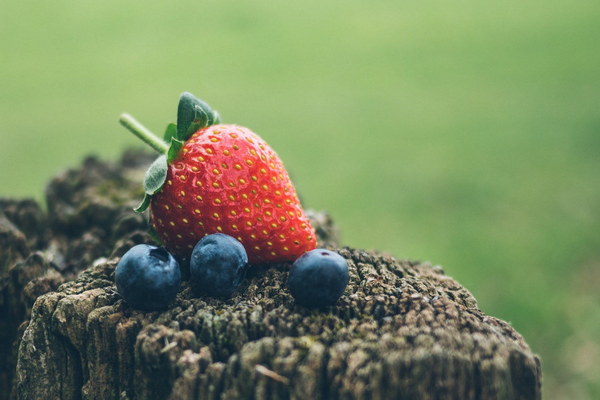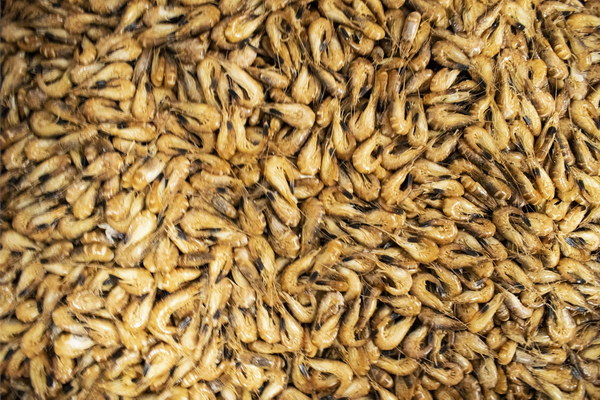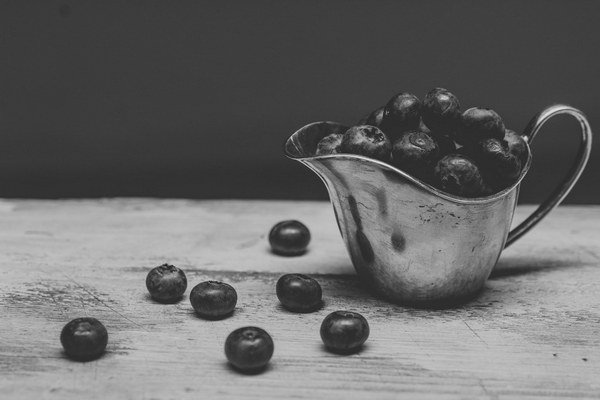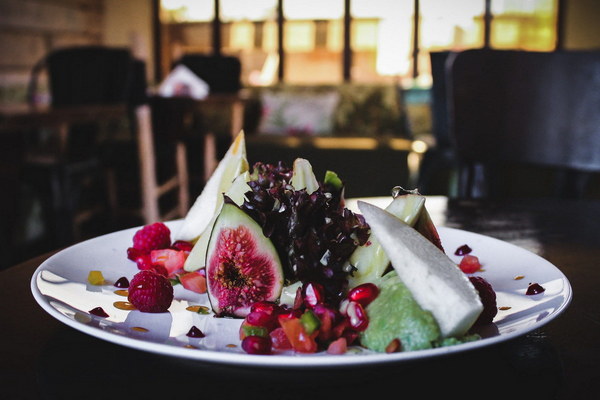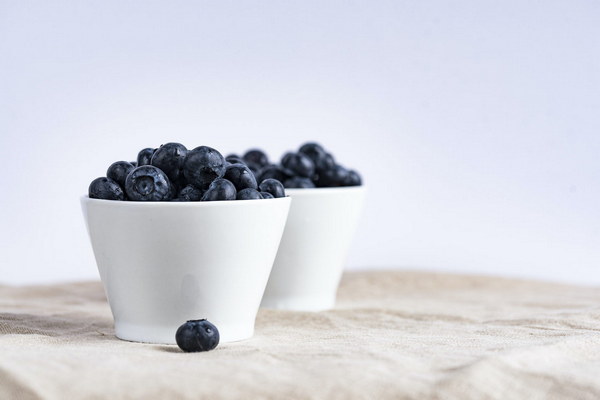Discover the Sweet Aftertaste of HealthBoosting Herbal Teas
In a world where the fast-paced lifestyle often leaves us seeking quick fixes and easy solutions, the allure of a soothing cup of herbal tea has never been stronger. But what sets the experience apart from your average cuppa? It's the sweet aftertaste that lingers long after the steam has dissipated, promising not just a momentary respite, but a journey of wellness. Let's delve into the enchanting world of health-boosting herbal teas and their delightful sweet aftertaste.
Herbal teas, or tisanes, have been a staple in traditional medicine for centuries. These beverages are made from the leaves, flowers, or roots of various plants and are known for their natural health benefits without the caffeine kick of traditional black or green teas. From calming chamomile to invigorating ginger, each herbal tea has its unique properties and flavor profile, but it's the sweet aftertaste that often leaves the most memorable impression.
The Science Behind the Sweet Aftertaste
The sweet aftertaste of herbal teas is a phenomenon that can be attributed to several factors. Firstly, the presence of natural sugars and other sweet compounds found in the plants themselves contributes to the lingering sweetness. Secondly, the balance of flavors in herbal teas often includes a blend of sweet and savory notes, which creates a complex taste experience that evolves as the tea cools down.
Moreover, the process of steeping the herbs at the right temperature and for the appropriate duration can enhance the extraction of these sweet compounds, resulting in a more pronounced aftertaste. This is why experienced tea enthusiasts often pay close attention to the steeping process, as it can significantly affect the flavor and health benefits of the tea.
A Selection of Sweet-Aftertaste Herbal Teas
1. Chamomile Tea:
Known for its calming properties, chamomile tea has a slightly sweet, fruity aftertaste that lingers on the palate. It's often enjoyed before bedtime to promote relaxation and improve sleep quality.
2. Peppermint Tea:
While peppermint tea is known for its refreshing and cooling properties, it also offers a sweet, minty aftertaste that is both invigorating and soothing. It's excellent for digestion and can be a delightful addition to a meal.
3. Licorice Root Tea:
Licorice root tea is a sweet and earthy drink with a lingering aftertaste that is reminiscent of caramel or honey. It has been used traditionally to soothe sore throats and support the immune system.
4. Honeybush Tea:
Originating from South Africa, honeybush tea has a naturally sweet flavor with a delightful, honeyed aftertaste. It is rich in antioxidants and is believed to have anti-inflammatory properties.
5. Raspberry Leaf Tea:
This tea has a subtle sweetness with a hint of raspberry, offering a refreshing and fruity aftertaste. It's often recommended for pregnant women due to its potential to strengthen the uterus and support labor.
Enjoying the Sweet Aftertaste
To fully appreciate the sweet aftertaste of herbal teas, there are a few tips to keep in mind:
- Choose High-Quality Herbs: The quality of the herbs used can significantly impact the flavor and health benefits of the tea. Opt for organic and loose-leaf teas whenever possible.

- Steep Properly: Follow the recommended steeping times and temperatures for each type of tea. This ensures the optimal extraction of flavors and sweet compounds.
- Sip Slowly: Take your time to savor each sip of the tea. The flavors will change as the tea cools, allowing you to experience the full range of the sweet aftertaste.
- Pair with the Right Foods: While herbal teas can be enjoyed on their own, pairing them with certain foods can enhance the sweet aftertaste. For example, licorice root tea pairs well with sweet desserts or a savory meal with a touch of sweetness.
In conclusion, the sweet aftertaste of herbal teas is a testament to the intricate dance of flavors that nature has to offer. It's not just a pleasant sensation; it's a gateway to a healthier lifestyle. By exploring the vast array of herbal teas and their unique properties, you can not only satisfy your taste buds but also nurture your body with the gentle touch of nature's medicine. So, the next time you're reaching for a cup of tea, consider the sweet aftertaste as a reward for your health-conscious choices.
